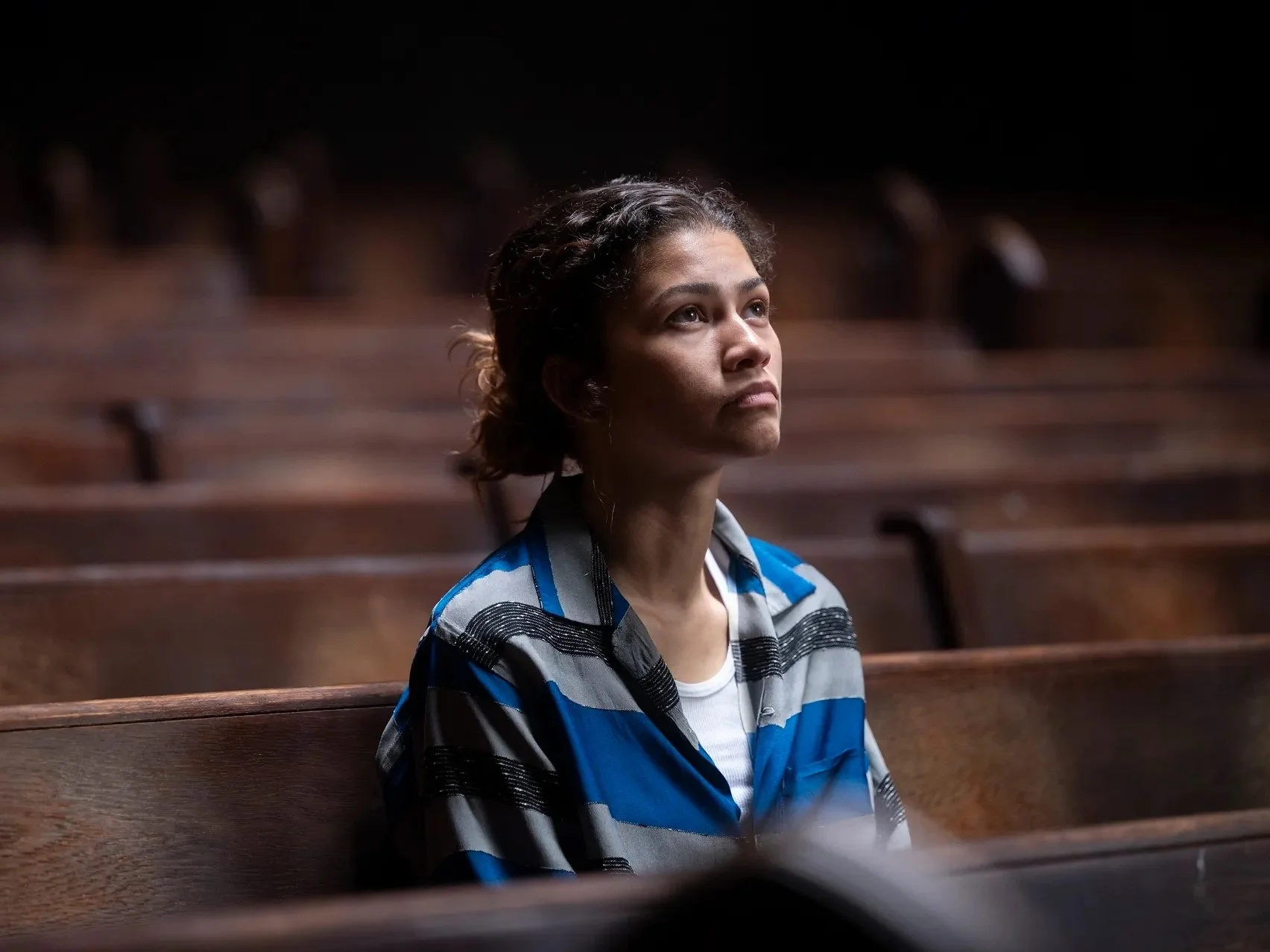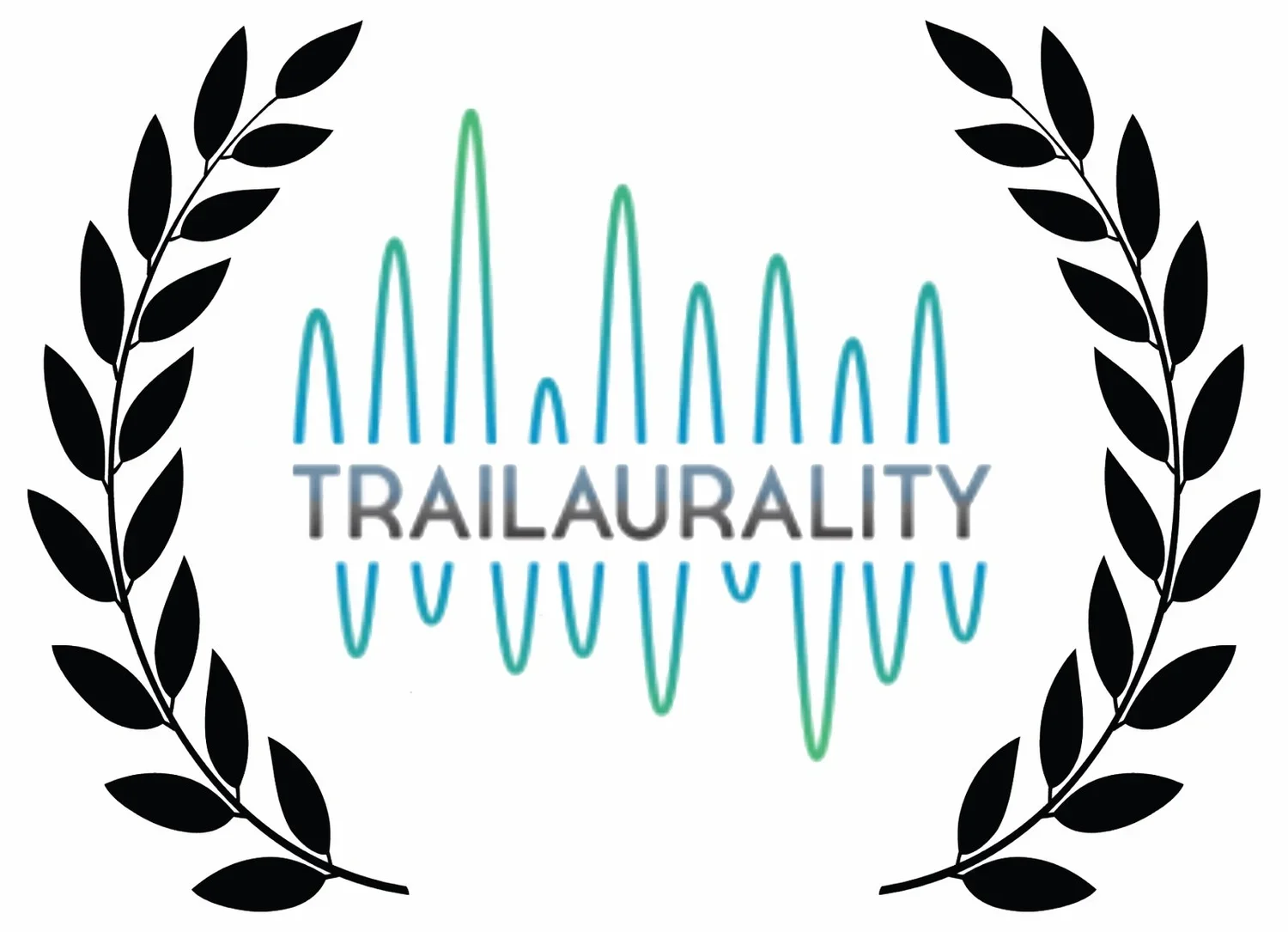Won't You Be My Neighbor?
/Mr. Rogers needs no introduction. It’s all too easy to gently pluck the heartstrings of many a grown adult with the same dulcet tones featured in the theme song he himself wrote back in 1968.
At the beginning of the trailer, a broadcaster intones the debut of the show on WQED as the glockenspiel chimes a harmonic minor tune that definitely errs on the side of nostalgia. At 0:21, however, a contemporary piano doubles the rhythm from 6/8 to 12/8 with cascading, arpeggiated chords, as we suddenly switch perspectives to one that looks back at his career. At 0:32 some very soft strings enter, alongside the chiming glockenspiel again.
Various of Rogers’ issues that he tackled are highlighted, rightly, as radical for his time: divorce and race relations feature predominantly as part of an overall legacy that causes us to realize how forward looking Fred was, and unique in the way that he was able to distil such issues in a way that is friendly towards children.
At 1:05 we enter the second half of the trailer with a fresh hit of brass and a bed of strings. A highlighted review card cites the movie as a “balm of empathy in divisive times”; indeed, it’s a less than subtle nod towards the deeply entrenched political camps currently in the United States.
Through a monologue by Mr. Rogers that arguably epitomizes his life philosophy, the soundtrack builds and builds, calmly but surely, until it finally breaks at 2:10. We then distinctly hear the door that a youthful Mr. Rogers opens, possibly during the first time he did so on television in 1968. Notably, this is on the dominant chord – the second last chord we usually hear at the end of a typical classical symphonic phrase.
Suddenly, we are taken back again to where we were at the beginning of the trailer, awash in the original recording of “Won’t you be my neighbor?” as the title and date cards appear. It’s a no-holds-barred, unabashed wave of reminiscence that works perhaps because that’s what Mr. Rogers’ neighborhood was always about: unabashed earnestness, whether through the Civil Rights movement, or the Cold War – and, yes, even (and perhaps especially) through today’s political moment.
The narrative shifts and transitions for this trailer, then, are deftly handled by the music, which shifts completely in both tone and timbre as well as standard musical elements like rhythm and harmonic motion, bookended by the recording whose lyrics the film borrows its title from. The cinematic middle section in particular helps Mr. Rogers’ words come alive – and reminds us that they resonate equally well today.
– Curtis Perry







